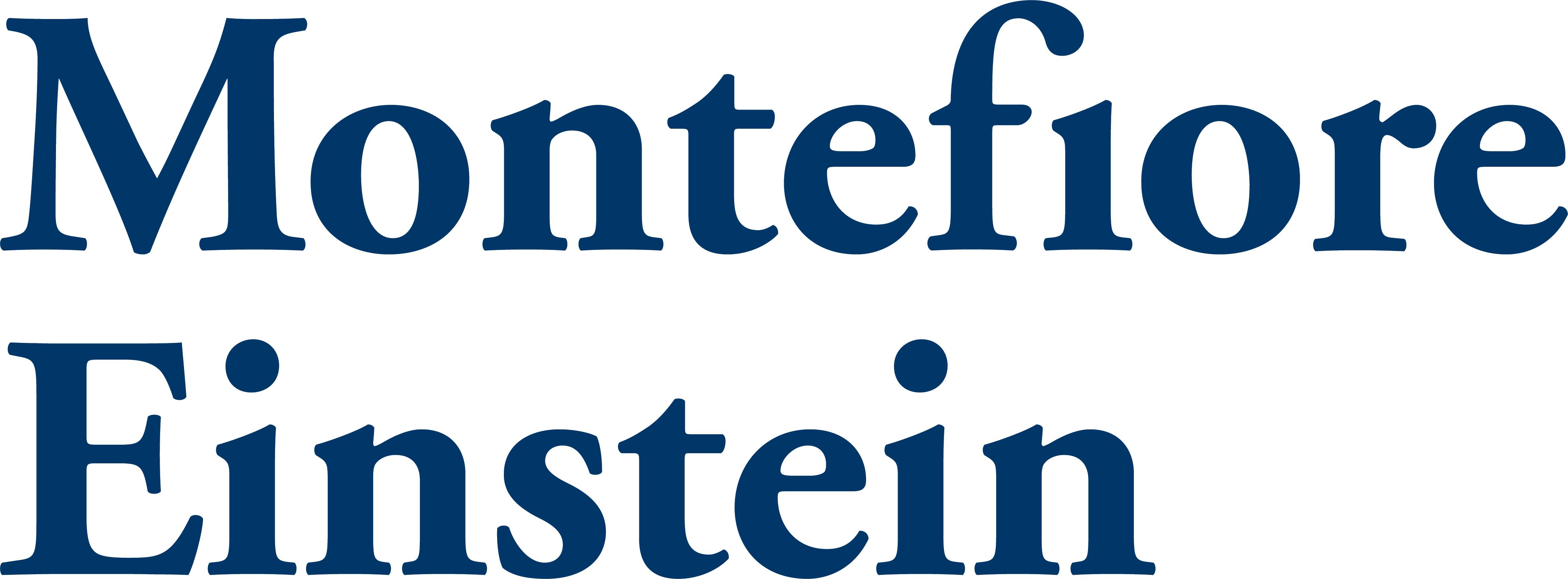
Expert discusses advocacy for maintaining telemedicine reimbursement

“I think one of the hottest topics for advocacy right now relates to reimbursement for telemedicine,” says Amanda C. North, MD.
In this installment of “Begin Your Journey,” urologist Amanda C. North, MD, talks with host Scott A. MacDiarmid, MD, FRCPSC, about burnout among women urologists as well as advocacy work regarding telemedicine reimbursement. North is an associate professor of urology at Montefiore Medical Center in Bronx, New York. MacDiarmid is a urologist with Alliance Urology Specialists in Greensboro, North Carolina.
Video Transcript:
MacDiarmid: Are there a few takeaways of why burnout appears to be higher for women in urology?
North: We know work-life integration is harder for women. I think the younger generation of men are more committed to work-life integration than maybe the older generation. I think, when we look at older urologists, many of them had a more historic model of a woman at home or a woman working part time with a man working full time plus in the office. And now families are more dual-income, both trying to contribute at home. But we do know that women carry a disproportionate burden at home, with raising children, obviously child birth and all of that. The 2021 census took place during the pandemic, so child care issues, homeschooling during the worst of the pandemic, again, disproportionately impacted women. But I think something that we need to understand further is we know that women urologists are far more likely to be employees than men in urology. Men in urology are more likely to be practice owners and partners, where they have more of a say in the day-to-day operations of their practices. We know physician autonomy relates to burnout. The more say you have in your practice, the more autonomy you have in your practice, the less burnout you feel. And with women disproportionately going into academics and disproportionately being employees, it may also be that they have a lack of autonomy in their work life in addition to having the home burden, and that may well play a big factor in the increased burnout we see.
MacDiarmid: Share with us the advocacy work that you folks are doing with the government.
North: It's amazing. There are 2 urology PACs, or political action committees. One is through the AUA—the AUAPAC—and the other is UROPAC, through the AACU. Both have done incredible advocacy work. I think one of the hottest topics for advocacy right now relates to reimbursement for telemedicine. During the pandemic, there was a waiver where we were able to do audio and video telemedicine and get reimbursed. Also, physicians were allowed to practice telemedicine across state lines during the emergency waiver. That's obviously all coming to an end. And so the future of telemedicine is going to be highly dependent on whether we get reimbursed for our work. Every year on the census, we've asked telemedicine questions. This year, in particular, [we included questions] relating to video and audio telemedicine to help demonstrate to our representatives in Congress the need to continue to pay for telemedicine because it provides such a value to both urologists and more importantly to our patients. Allowing elderly patients who may not understand how to use video telemedicine, to be able to have a phone call visit with their urologist can be very helpful. I take care of children; if we're talking about something like bedwetting, it's very easy to do that over the telephone. I work in the Bronx; many of our patients lack broadband access. So again, being able to do that as a phone call rather than requiring video can be very valuable to our patients. These are the types of issues where we try to marry what we do in the census to what the legislative affairs component of the AUA is doing so that we provide the data they need to advocate for us and for our patients. That's been something I'm very proud of working on the data committee.
This transcription has been edited for clarity.
Newsletter
Stay current with the latest urology news and practice-changing insights — sign up now for the essential updates every urologist needs.






